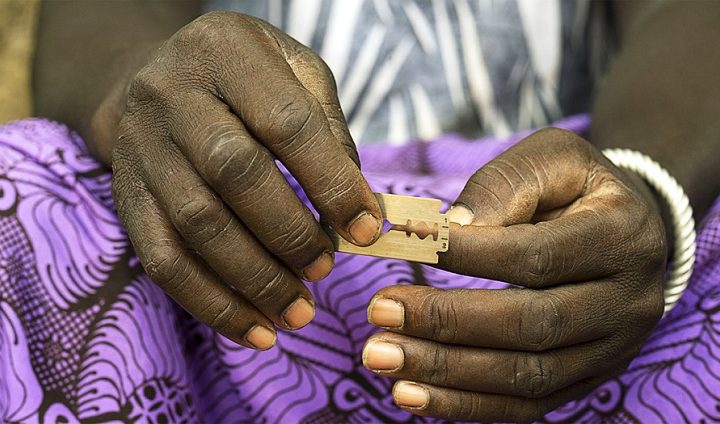Undernutrition is a severe public health concern, with consequences that extend far beyond the healthcare sector and into other economic realms. Globally, undernutrition accounts for 2.7 million child deaths. Getting nutrition correctly in the early years of a child’s life prepares them for optimal physical and cognitive growth in the future.
It goes without saying that nursing is one of the most effective ways to ensure a child’s health and survival.
Breastfeeding has significant health benefits that extend beyond nutrition, both in the short and long term.
Furthermore, breastmilk may be referred to as the ideal meal for infants. It includes the optimal nutrient balance for baby development. Unlike breast milk substitutes, breast milk is tailored specifically to the baby. When a baby feeds, his or her saliva sends chemical signals to the mother’s body, causing the composition of breastmilk to change to meet the baby’s fluctuating needs.
It is also easy to digest and includes antibodies that help fight viruses and bacteria, lowering the risk of infection. Studies have indicated that exclusive breastfeeding reduces the incidence of diarrhoea, respiratory disease, sudden infant death syndrome (SIDS), asthma, allergies, and even obesity later in life. Furthermore, breastfeeding reduces the prevalence of children illnesses, lowering healthcare expenses for families and communities.
Breastfeeding benefits not only physical health but also cognitive development, with evidence showing that children who are breastfed for a longer period of time do better on cognitive function tests. The emotional bonding between mother and child is also greatly improved by the skin-to-skin contact and the act of breastfeeding.
From an economic perspective, breastfeeding presents a cost-effective method to reducing expenditure on nutrition and hospital visits for children. Among the most commonly used alternative to breastfeeding is formula feeding, which may present a significant challenge to many families considering the cost of breastmilk substitutes.
Despite overwhelming evidence of the benefits of breastfeeding, there is still a long way to go to achieve optimal rates. According to statistics, while Kenya’s exclusive breastfeeding rates for children under 6 months have increased over time to 60% , up from 32% in 2008, approximately 40% of Kenyan moms still do not exclusively nurse their children during the critical first six months of their lives.
This year’s World Breastfeeding Week was observed under the theme “Closing the gap: Breastfeeding support for all”, calling for widespread support for breastfeeding mothers from their families and communities. The call to action is being heeded.
Several initiatives, such as the Baby Friendly Community Initiative, have been implemented to support optimal feeding practices for the benefit of infants and young children. A critical aspect of the initiative is to provide support in healthcare settings, providing healthcare workers with the skills and information to guide new mothers down their breastfeeding journey. It also seeks to develop community support through promotion and protection of exclusive breastfeeding for the first six months among community advocates and influential voices.
Legislation is also being improved to further protect breastfeeding mothers. The Breastfeeding Mothers Bill 2024, for example, aims to provide a supportive framework for breastfeeding mothers, allowing them to breastfeed and express for their infants in the workplace.
However, the legal protection of women’s rights to breastfeed their children must be accompanied by a shift in public perception. Communities can normalize breastfeeding and desexualize the practice. Among other things, this would necessitate extensive public awareness campaigns that not only promote the benefits of breast feeding but also emphasize that it is a normal and natural process that mothers and their children should be allowed to partake in without fear of repercussions.
In summary, breastfeeding is a powerful tool for improving child health with benefits that extend to families and economies. By educating, supporting, and empowering mothers, we can create a healthier future for our children and our society. Promoting breastfeeding is not just a health issue; it is a societal imperative that requires collective action and commitment.
Related Content: Del Monte Kenya Launches A New Breastfeeding Centre For Female Employees
Fridah Kisinga is the Clinical Dietician at Gertrude’s Children’s Hospital.
Email: floko@gerties.org











